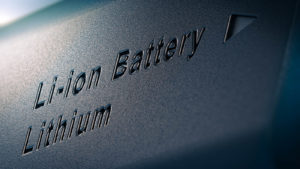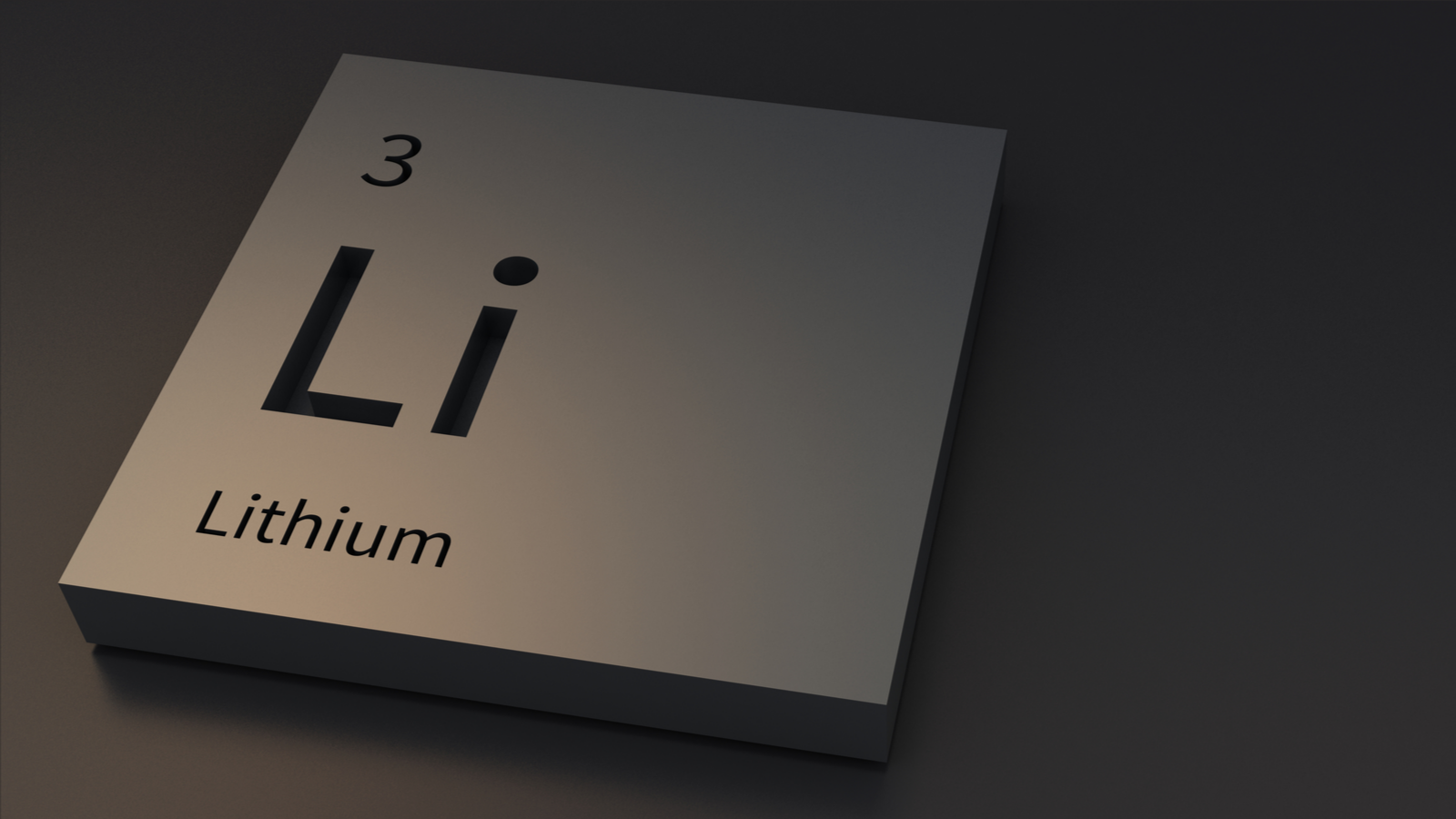With an undeniable shift towards electric vehicles (EVs), the demand for lithium has grown immensely. As we look ahead, market analysts suggest that U.S. electric vehicle sales could account for more than 50% of total car sales by 2030.
However, while lithium demand surges, investments in its supply infrastructure lag behind. By 2035, we could see a gap in lithium supply, potentially lagging by a striking 24% from the projected demand. With such dynamics in play, it’s best to think about a few lithium stocks to sell.
Surprisingly, 2023 witnessed a modest rise in lithium prices, driven by an oversaturated market and a momentary pause in EV sales. However, numerous experts maintain optimism for a revival in lithium demand as the year progresses, bolstered by the EV sector’s rebound and expansion in renewable energy storage. Yet, not every lithium player seems poised to seize this opportunity.
Albemarle Corp (ALB)

Titan Albemarle Corp (NYSE:ALB) is raking in over $7 billion, with a strong footing in diverse regions such as Chile, Argentina, and both eastern and western Australia.
Yet, 2023 presents a complex landscape. Despite Albemarle’s impressive earnings beats this year, shadows of uncertainty cast its presence. The continual oversupply in the EV market is potentially leading to a softening of lithium prices. In China, the globe’s most robust EV market and a top-tier lithium producer, the price of lithium dipped. This is attributed to a moderation in EV sales and the strategic hesitation of battery producers on buying lithium as they anticipated further declines in prices.
Therefore, as ALB shares have seen a massive 20.7% decrease year to date (YTD), it’s imperative to remain circumspect. If lithium prices persist in their downward trajectory, contrary to some expert predictions, it could lead to concerns over the company’s future.
FREYR Battery (FREY)

Prominent Norwegian contender FREYR Battery (NYSE:FREY) has lofty ambitions of becoming Europe’s go-to lithium-ion battery supplier for diverse applications such as EVs, marine, and grid systems.
Capitalizing on sustainability, it envisions a low-carbon footprint paired with an impressive recycling rate. To bolster its market position, it has forged strategic partnerships, notably with Siemens (OTCMKTS:SIEGY). This is clearly an aim to supercharge its gigafactory production capabilities.
However, it’s not all smooth sailing for FREYR. The year has thrown a curveball at investors, with the company confronting commercial setbacks as it navigates a precarious pre-revenue stage. Moreover, FREYR’s management recently announced that tax complications would lead the Norwegian plant to sidestep EV battery production. This unforeseen detour casts doubts on the company’s future course in the lithium-ion market.
Consequently, investor confidence wanes. FREYR’s stock plummeted a stark 64% year over year (YOY). Saddled with zero revenue and mounting expenses, the landscape is challenging for value-hunting traders. In the current financial market, FREYR’s prospects remain bleak for the foreseeable future.
Rio Tinto (RIO)

United Kingdom’s mining giant Rio Tinto (NYSE:RIO) stands as one of the world’s foremost players. But recent times have tested its mettle.
After expanding into lithium mining through California’s Boron mine and acquiring the Rincon lithium mine in Argentina, the horizon seemed promising. However, its Jadar lithium project in Serbia, geared for a 2026 launch, was hampered by local protests in January 2022.
Yet, Rio Tinto’s core challenges extend beyond lithium. The second-quarter earnings illuminated a stark first-half dip, mainly attributed to China’s reduced hunger for iron ore. Though some foresee a revival in China’s demand, the volatile global economy may further strain Rio Tinto’s financial prospects.
Moreover, Rio Tinto’s earnings are still dominated by the iron ore segment, underscoring that the contribution of “energy transition metals” like lithium still holds a backseat position. Reflecting this sentiment, the market has responded with Rio Tinto’s shares retracting by a sobering 10% this year.
On the date of publication, Muslim Farooque did not have (either directly or indirectly) any positions in the securities mentioned in this article. The opinions expressed in this article are those of the writer, subject to the InvestorPlace.com Publishing Guidelines.
